by Martha Bebinger
reported originally for WBUR April 14, 2020
Massachusetts is launching an effort to reach everyone in the state who may have the coronavirus and get them tested and into isolation or treatment if needed. The ambitious goal is to stop — not just slow — the destructive power of COVID-19 through the tedious, yet powerful public health tool called contact tracing.
Contact tracing starts with a call to someone who has tested positive for the coronavirus, and then follow-up with everyone that person was in close contact with — family, friends, colleagues or others they got closer than 6 feet from for more than a brief encounter. Everyone on that list is interviewed about their contacts and symptoms.
This is a routine, resource-intensive public health strategy that’s been successfully used in the U.S. and around the world to contain infectious disease outbreaks — from measles to smallpox to tuberculosis to Ebola and more.
Local public health workers across the U.S. are already using this strategy with COVID-19 — a few cases at a time. Last week, Centers for Disease Control and Prevention Director Robert Redfield told NPR that “very aggressive” contact tracing would be necessary before the country could start to return to any sort of pre-pandemic normalcy. In Massachusetts, Gov. Charlie Baker had already begun a statewide effort.
“We need to get out ahead of this and do everything we possibly can here in Massachusetts, through and in the aftermath of the surge,” Baker said during a briefing about the project on April 3.
The state is partnering with the Boston-based nonprofit Partners in Health, and has begun hiring and training some of the 1,000, or so, people who will call everyone who tests positive.
Many of the thousands of Massachusetts residents who will receive calls won’t know that they may have been exposed to the virus. Callers will keep the name of the infected person private, although organizers acknowledge it may not be difficult for the call recipients to determine the source of their COVID-19 exposure.
In an ideal scenario, everyone who’s been in close contact with someone who is positive would be tested, even if the person receiving the call does not have symptoms. But Massachusetts, like most states, still doesn’t have the capacity to do that. As of Sunday, at least 25,475 people had tested positive. There were 6,499 tests conducted daily, on average, in Massachusetts last week.
Anyone who has had close contact with someone who is positive will be asked to quarantine for 14 days, even if they get tested and are negative. That’s because the incubation period for the coronavirus is believed to be up to two weeks. Close contact here is defined as spending 15 minutes or more within 6 feet of someone who is positive.
Public health experts say many more tests for the coronavirus are needed to cover everyone who will be identified by this project. And waiting up to five days for test results, as some people still do, is a problem.
“The delay in how long it takes to get the results remains too long to make contact tracing very effective,” said Dr. Sandro Galea, dean of the School of Public Health at Boston University.
But Galea noted that testing capability could change anytime.
“Yesterday, we probably did not have the tools,” he said. “Whether we’ll have the tools tomorrow remains to be seen.”
And then there’s the question of how to assist people who are not sick and need to be quarantined so they don’t spread the virus, or for those who are sick and need care in isolation. Some people will have enough space at home to stay relatively isolated from other members of their household. But many others — those who share bathrooms, kitchens and bedrooms, or who live with someone at increased risk for a severe case of COVID-19 — will be given options.
The Baker administration, which says it plans to spend $44 million on the contact-tracing project, is looking at setting up isolation units in dormitories and hotels. People in quarantine as well as those in isolation will need food delivery, possibly child care, and lots of additional help so that they don’t interact with others and spread the virus.
“It’s going to be a huge job,” said Dr. Joia Mukherjee, the chief medical officer at Partners in Health. “I know we will succeed somewhat and we will fail somewhat — we won’t be able to find every single person — but we will hopefully prevent a lot of deaths.”
Mukherjee said even if contact tracing can’t “stamp out” the coronavirus, it can “not only flatten but shrink the curve so that fewer people will get infected.”
Mukherjee, who has helped organize similar projects to fight Ebola in West Africa, calls contact tracing “going on the offensive” against the coronavirus. She argues a defensive strategy alone isn’t good enough.
“Let’s just spell out what the ‘defensive’ [strategy] is. The defensive is, ‘We’re going to get creamed, and let’s just make sure our hospitals are staffed,’” she said. “What we’re saying is, ‘Let’s use tools that can reach into that silent epidemic and start to cut that off.’”
Some public health leaders and infectious disease doctors are questioning the timing of this launch in Massachusetts. Galea said contact tracing is usually more effective at the beginning of an epidemic, before a disease like COVID-19 has spread.
“I don’t know that it’s too late — it’s certainly late,” he said. “Had we had the tests and were we organized enough to do contact tracing right upfront, it would have potentially taken us down a very different path in this epidemic.”
Baker said contract tracing is a “powerful tool” the state must try to prevent more infections. Galea said it might help Massachusetts control a second wave of infections that could come when stay-at-home orders and advisories are lifted.
Massachusetts may be rolling out the most robust expansion of contact tracing so far, but Utah, North Dakota and other states are also launching projects. The CDC’s Redfield said his agency has 600 staffers doing this work and plans to add more.
But it’s still not clear how much financial assistance states can expect from the federal government.
Partners in Health is collaborating with 36 community health centers in Massachusetts to conduct the tracing. Health centers say the deal means they can bring back employees who were furloughed recently when elective medical care stopped; Partners in Health is connecting the tracing project to clinics where people could be tested and speak to a nurse or doctor.
Neither making nor receiving these calls will be easy, and cultural sensitivity is important too, according to a task force from the Johns Hopkins University Center for Health Security that recently looked at what “case finding and contact tracing” might entail across the United States.
The contact tracer may be the first person to alert someone they may be infected with the coronavirus. Stacey King, director of practice at Harvard University’s Chan School of Public Health, has been working with student volunteers who’ve teamed up with local boards of health in Massachusetts to assist with contact tracing. King said building trust while asking about symptoms, contacts, recent activities and the health of family members will be challenging.
“Especially when people are under so much stress right now,” she said, “I think it will be one of the hardest things that we experience.”
Even if your state isn’t ramping up contact tracing efforts, you might still get a call from a local public health official if you’ve been exposed to someone with a confirmed coronavirus test result. In the event you get a call someday soon and are asked to trace your contacts, it might help to start keeping notes now, say public health workers: Who have you recently spent more than a few minutes with — and been within 6 feet of?
The Partners in Health project is set to continue through October and wind down in January 2021.
This story is part of a partnership that includes WBUR, NPR and Kaiser Health News.

This story is part of the SoJo Exchange of COVID-19 stories from the Solutions Journalism Network, a nonprofit organization dedicated to rigorous reporting about responses to social problems.

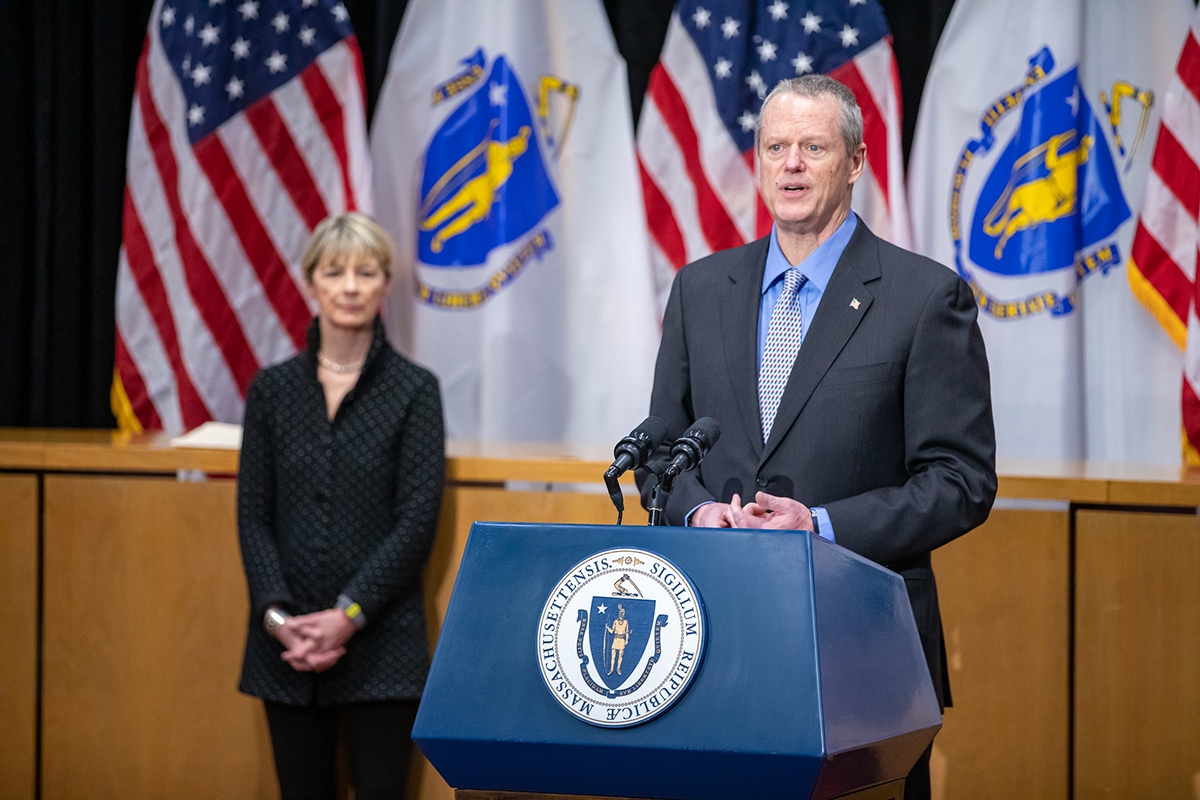

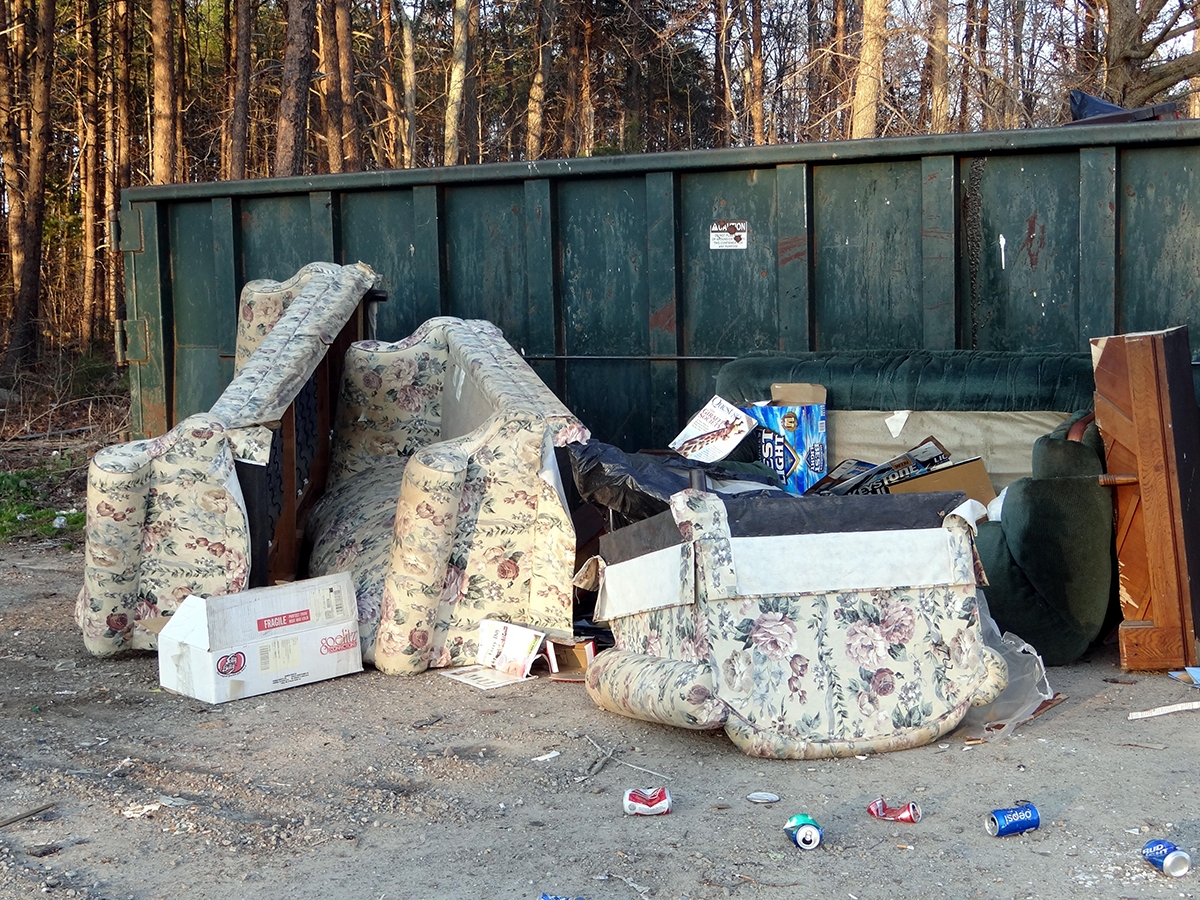
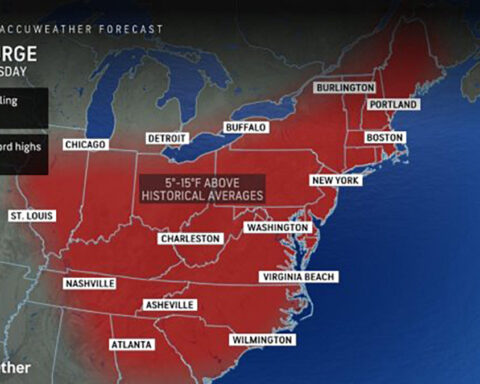
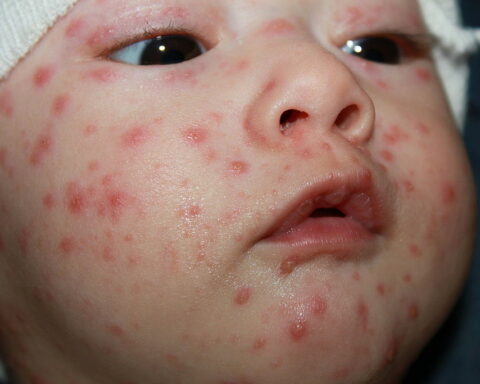
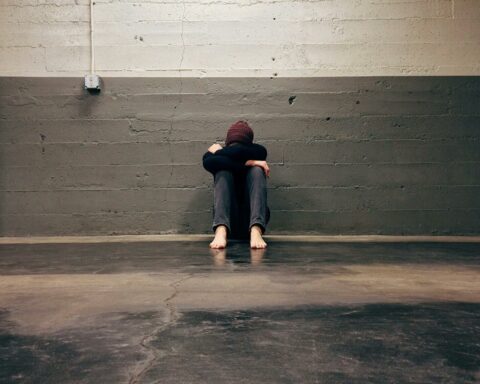
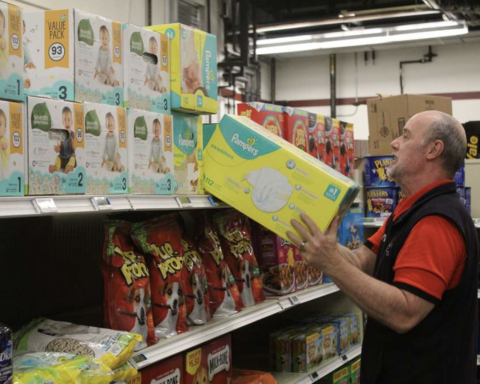










You must be logged in to post a comment.